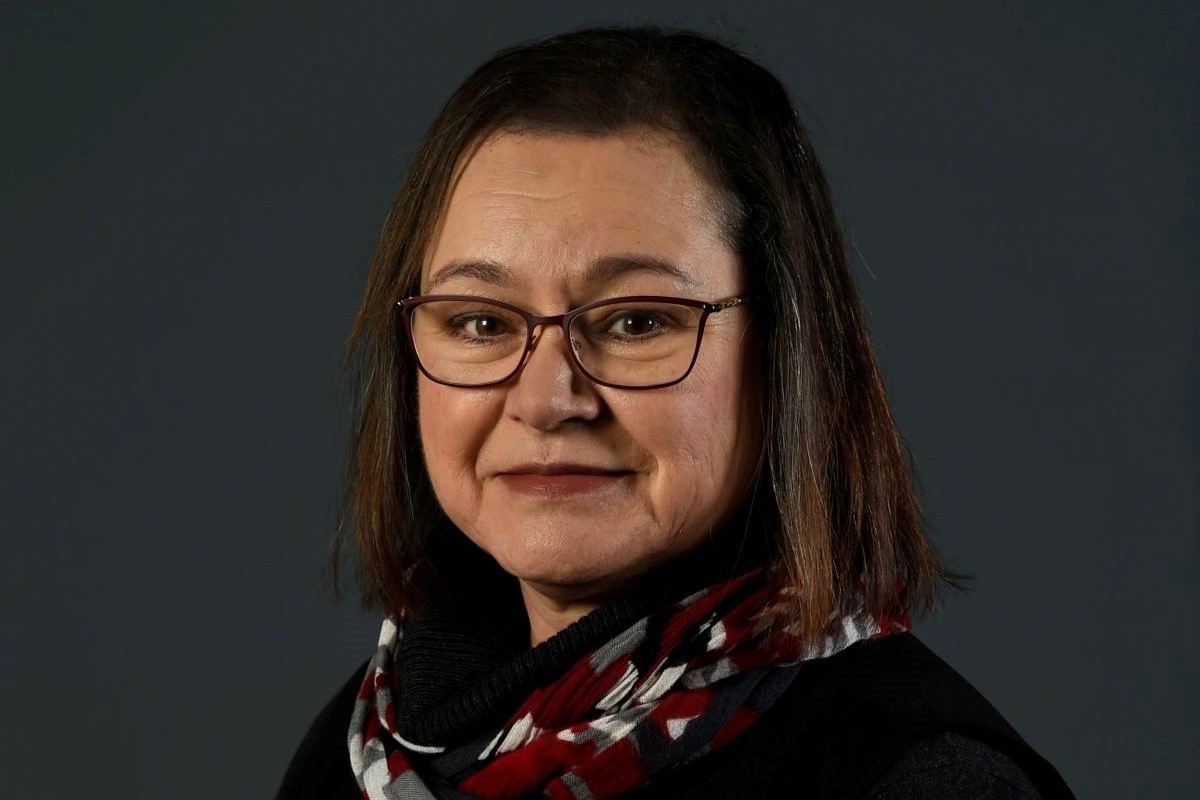
Essential skills modules available for health sciences students
The Health Sciences Shared Courses Initiative highlighted an innovative and promising approach for the future of health science education at the University of Saskatchewan (USask) according to Dr. Mary Ellen Lebrecque (PhD), associate dean academic at the College of Nursing.
By Collin Semenoff, USask Communications SpecialistThanks to support made possible from the Government of Saskatchewan, through the Horizons Project, collaboratively developed essential skills modules are now available for insertion into health science courses at the university.
“The Health Sciences Shared Courses Initiative has provided faculty from all health science colleges and schools with easily accessible modules on important topics such as professionalism and ethics that can be integrated in existing course offerings,” Lebrecque said.
The benefits of having centrally managed modules accessible to course instructors are significant. Not only is the time to plan and deliver 10 hours within a 36-hour course freed up for instructors and faculty — positive impacts to interprofessional student learning also flourish.
Students from various health science programs experience shared modules together, allowing them to develop mutual understandings of critical interprofessional skills required in real-world team environments. For one nursing student interviewed, shared modules provide an opportunity to reveal healthcare approaches through a different lens.
“One thing I appreciated about the professionalism module […] was the ability to connect with other USask healthcare students and be able to hear their perspectives — especially from healthcare fields other than mine. It prepared me to work effectively in a team.”
The ability to connect isn’t limited to students either. Interdisciplinary faculty collaborations are also facilitated through the development and implementation of shared modules in health science courses.
Ultimately, the most significant impact of shared course content will be to patient care. In an environment where communication errors and ineffective teamwork can have profound consequences, fostering collaborative spaces to identify and address the causes of these problems will play an important role in the health outcomes of patients treated by the next generation of healthcare professionals.

